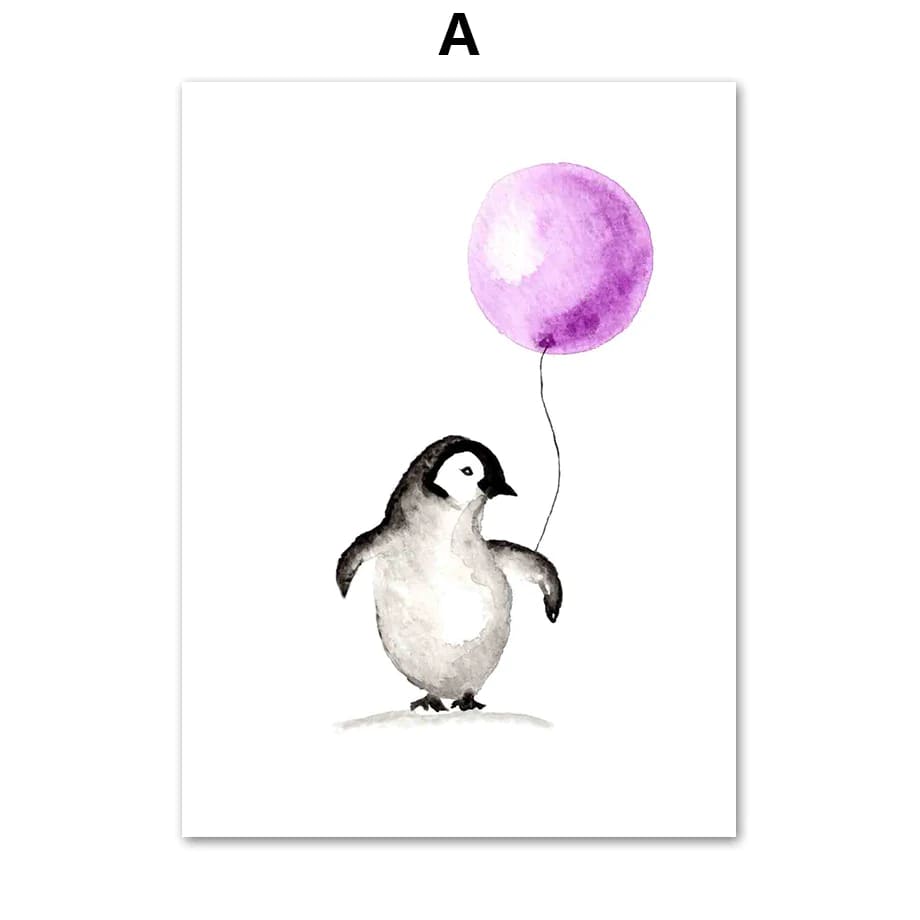Macaroni penguins are fascinating creatures that inhabit the icy lands of the Antarctic. With their distinctive yellow crests and playful nature, these unique birds have captured the hearts of many. In this article, we will dive into the world of macaroni penguins and learn about their habitat, diet, behavior, and conservation status.
The Habitat and Characteristics of Macaroni Penguins
Macaroni penguins are primarily found on the sub-Antarctic islands, such as South Georgia and the Falkland Islands. They prefer rocky beaches and steep slopes for nesting. These social creatures are known for their majestic yellow crests, which make them easily recognizable among other penguins. Apart from their crests, macaroni penguins have black and white feathers, with a slender body and a long, pointed beak.
These penguins are superbly adapted to the harsh conditions of the Antarctic. They have a thick layer of blubber that provides insulation, allowing them to thrive in freezing temperatures. Macaroni penguins are excellent swimmers and can reach speeds of up to 20 miles per hour while hunting for fish and krill underwater.
Diet and Feeding Habits of Macaroni Penguins
The primary diet of macaroni penguins consists of krill, small fish, and squid. They are skilled hunters and are known to dive to depths of up to 100 meters in search of their prey. Their streamlined bodies and strong wings enable them to navigate through the water with ease.
Macaroni penguins are opportunistic feeders and often form large foraging groups to maximize their chances of finding food. They use their sharp beaks to catch and swallow their prey whole. These penguins can consume large quantities of food, sometimes eating up to 12% of their body weight in a single day.
As an integral part of the Antarctic food chain, macaroni penguins play a crucial role in maintaining the ecological balance of the region.
.
Reproduction and Behavior of Macaroni Penguins
Macaroni penguins are highly social and form large colonies for breeding. Their colonies can consist of thousands to millions of individuals. These penguins build nests using pebbles, rocks, and feathers, which provide a comfortable and secure environment for their eggs.
During the breeding season, macaroni penguins perform elaborate courtship displays to attract a mate. They engage in various rituals, including synchronized head-bobbing and flapping their flippers. Once a pair bonds, they lay a clutch of two eggs, with the first egg being slightly larger than the second.
Both parents take turns incubating the eggs, which typically hatch after a period of about 35 days. After hatching, the parents continue to take care of the chicks, feeding them regurgitated food until they are old enough to feed on their own.
Conservation Status and Threats
Macaroni penguins, like many other penguin species, face numerous threats to their survival. Climate change, habitat destruction, overfishing, and pollution are some of the primary causes of concern. These factors have led to a decline in their population over the years.
Efforts are being made to protect macaroni penguins and their habitats. Conservation organizations focus on creating marine protected areas, implementing fishing regulations, and raising awareness about the importance of these charismatic creatures.
Climate Change and Its Impact on Macaroni Penguins
Climate change has had a significant impact on the Antarctic region, affecting the overall ecosystem and the survival of its inhabitants. Rising temperatures lead to the melting of sea ice, which disrupts the food chain and reduces the availability of krill, a vital food source for macaroni penguins.
As the sea ice continues to decrease, macaroni penguins face longer and more challenging foraging trips, resulting in reduced breeding success. Changes in ocean currents and sea temperatures also impact the distribution of fish and other prey species, making it harder for these penguins to find food.
It is crucial to address climate change and reduce our carbon footprint to ensure the long-term survival of macaroni penguins and the delicate balance of the Antarctic ecosystem.
Habitat Destruction and Human Impact
Human activities, such as tourism and fishing, can have detrimental effects on macaroni penguin colonies. Unregulated tourism can disturb these sensitive birds, causing stress and disrupting their breeding and feeding patterns. Fishing practices that result in bycatch, where penguins become unintentionally trapped in fishing nets, are also a significant concern.
To protect the macaroni penguins, it is essential to establish strict regulations on tourism activities and promote sustainable fishing practices that minimize harm to these incredible creatures and their habitats.
The Future of Macaroni Penguins
The conservation of macaroni penguins is a global effort. It requires collaboration between scientists, governments, conservation organizations, and the public. By implementing effective conservation strategies, we can ensure the survival of these playful penguins and the preservation of the Antarctic ecosystem.
Research and Monitoring
Scientists conduct research and monitor macaroni penguin colonies to gather data on their population, breeding patterns, and foraging behaviors. This information is crucial for understanding the threats they face and developing targeted conservation plans.
Technological advancements, such as satellite tracking devices and drones, have revolutionized the study of these birds, providing valuable insights into their movements and habitat requirements.
By continuing to support research and monitoring efforts, we can improve our understanding of macaroni penguins and contribute to their conservation.
Education and Awareness
Education and awareness play a vital role in the conservation of macaroni penguins. By educating the public about the importance of these magnificent creatures and the threats they face, we can inspire action and encourage sustainable practices.
Conservation organizations and governments can work together to implement educational programs, conduct outreach activities, and raise awareness through various media platforms. It is essential to engage people of all ages and backgrounds to create a lasting impact.
Our last words...
Macaroni penguin, the playful penguin of the Antarctic, with their distinctive yellow crests and social nature, have captured the hearts of many. Found primarily on sub-Antarctic islands such as South Georgia and the Falkland Islands, these penguins are adapted to thrive in freezing conditions. They are skillful hunters, consuming krill, fish, and squid, and play a vital role in maintaining the Antarctic food chain. Macaroni penguins form large colonies for breeding, engaging in elaborate courtship displays and nurturing their chicks until they are independent. However, the conservation status of macaroni penguins is of concern due to climate change, habitat destruction, and human impact. Efforts are being made to protect these charismatic creatures and raise awareness about their survival needs. By collaborating on research, implementing conservation strategies, and educating the public, we can ensure a bright future for macaroni penguins and the Antarctic ecosystem.



























